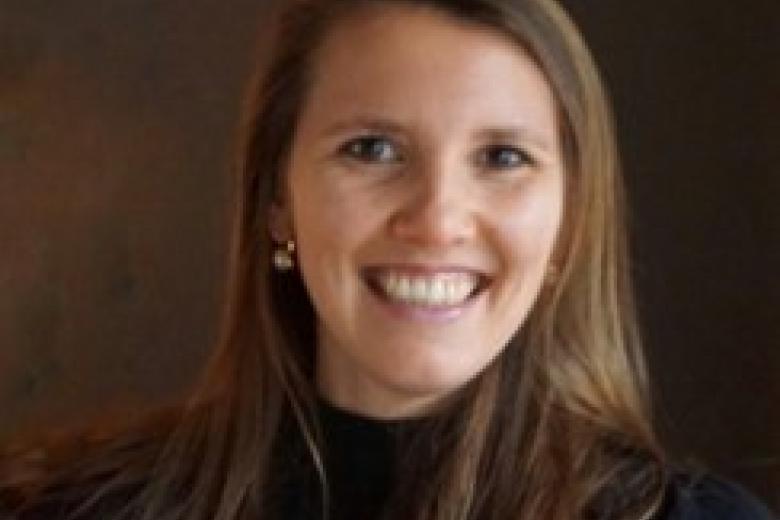First Dutch HEADSPACE centre to open in Maastricht
Maastricht is the first city in the Netherlands to receive a HEADSPACE centre. The centre, called @Ease, will open its doors soon in the heart of the city centre.
@Ease provides accessible mental health services for young people with psychological and other problems. They can stop by without a doctor's referral to discuss problems, concerns or urgent issues relating to money, relationships, sexuality, parents, loneliness or more serious psychological problems.
The centre is geared towards young people between the ages of twelve and twenty-five. The volunteers who work there, many of whom are experts or psychology students, offer children, adolescents and young adults a listening ear, anonymously and entirely free of charge. The volunteers at @Ease engage with these young people and are trained to identify signals that may indicate serious psychological problems. The centre always has at least one professional who is capable of responding to acute questions and requests. If necessary, @Ease can refer people to a traditional mental health expert.
Falling between the cracks
One of the objectives of the HEADSPACE concept is to identify and resolve problems more quickly. Many young people with mental health problems fall between the cracks and fail to receive the help they need in time or at all. Prevention is always better than cure.
@Ease is an initiative of Thérèse van Amelsvoort, professor of Transitional Psychiatry at Maastricht UMC+ and Rianne Klaassen, project leader of @Ease in the Netherlands. The ultimate goal is to open a HEADSPACE centre in Amsterdam as well. The centre in Maastricht is made possible by various partners, such as Mondriaan, Virenze (institute for ambulatory mental healthcare), Maastricht University and Maastricht UMC+. These partners called on professionals from various fields to help get the project up and running. The Healthcare Insurers’ Innovation Fund provided a start-up grant and the Municipality of Maastricht also lent its support.
Research
Australia has considerable experience with HEADSPACE, with one hundred centres across the country reporting good results after more than ten years. The concept has since been adopted in Denmark, Belgium, Israel and Ireland. Nevertheless, the initiators want to conduct scientific research to determine whether HEADSPACE will generate similar results in the Netherlands by answering the following questions: does this approach help young people solve their problems and improve their functioning? Does it help prevent young people from falling through the cracks? And are the young people satisfied with the help @Ease provides? Sophie Leijdesdorff from the Department of Psychiatry and Neuropsychology hopes to receive her PhD on this topic.
Also read
-
No evidence of brain damage caused by severe COVID-19
Patients admitted to hospital due to a severe COVID-19 infection exhibit no evidence of brain damage caused by the disease. This is the conclusion of an extensive study led by Maastricht University.
-
Cold shivers?
Due to the Western lifestyle with a high fat diet combined with little exercise, more and more people in the Netherlands are overweight or even obese. This causes an increased risk of type II diabetes. What can be done about this besides a healthier lifestyle? The answer comes from an unexpected source...
-
Quantity and Quality
Survivors of colon cancer often have symptoms associated with the cancer or treatment for years after treatment, such as fatigue and tingling in fingers and feet. This has a great impact on the perceived quality of life. Whereas current lifestyle advice is mainly aimed at prevention of (colon) cancer...